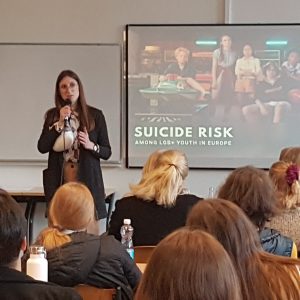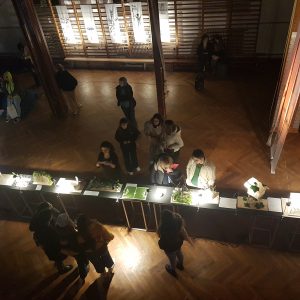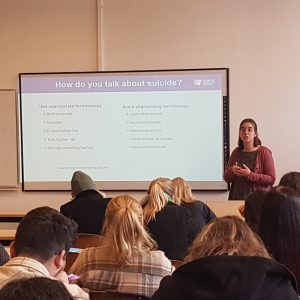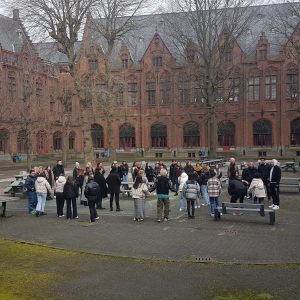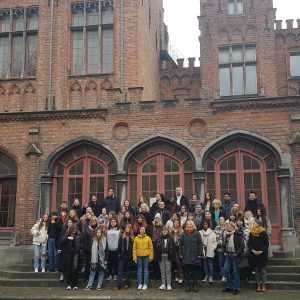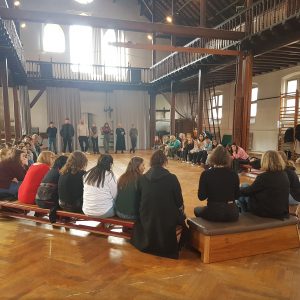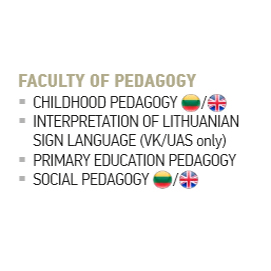On 13th-17th of March 2023, a group of social work students from the Faculty of Education of Vilnius University of Applied Sciences and two lecturers – Miglė Motiejūnė and Alina Martinkutė-Vorobej – took part in an international training on suicide prevention and intervention. The training was funded by Erasmus+. It took place in Bruges, at HOWEST University (Belgium).
Suicide rates are a serious concern across Europe. Suicide is not only a personal problem for a close circle of a suffering person, but also a professional problem, especially in professions that require an empathetic relationship with the client. This Blended Intensive Programme (a.k.a. BIP) on the topic of suicide prevention and intervention focused on how to help future social workers recognise the signs of suicide and how to provide appropriate and effective support.
Students from Belgium, France, Austria, Germany, Portugal and Lithuania took part in this BIP. The programme was structured in such a way that the students would not only have the opportunity to acquire theoretical knowledge about the phenomenon of suicide and effective ways to help clients, but also to try out in practice how certain ways of helping work. In addition, a great deal of time was devoted to reflecting on the students’ personal experiences and attitudes during the sessions. Different methods were used: small group discussions, group games, artistic tools (video, audio, art…), thematic workshops.
Miglė Motiejūnė, a lecturer at Vilnius University of Applied Sciences, gave a theoretical and practical session on suicide among LGBTQIA+ youth: the prevalence, the causes, and the importance of the competence of the expert to work with LGBTQIA+ clients. During the session, students not only gained knowledge on LGBTQIA+ psychology, but also shared their insights and had a reflection on their personal attitudes.
It was also important for the BIP participants to see the international context of the suicide phenomenon and to share best practices and unique or universal challenges that different countries face in addressing the prevalence of suicide. In addition to making personal connections with students from other countries, the students gained a broader perspective on the issue of suicide and were able to compare the challenges faced by social work practitioners in different countries on this topic.
